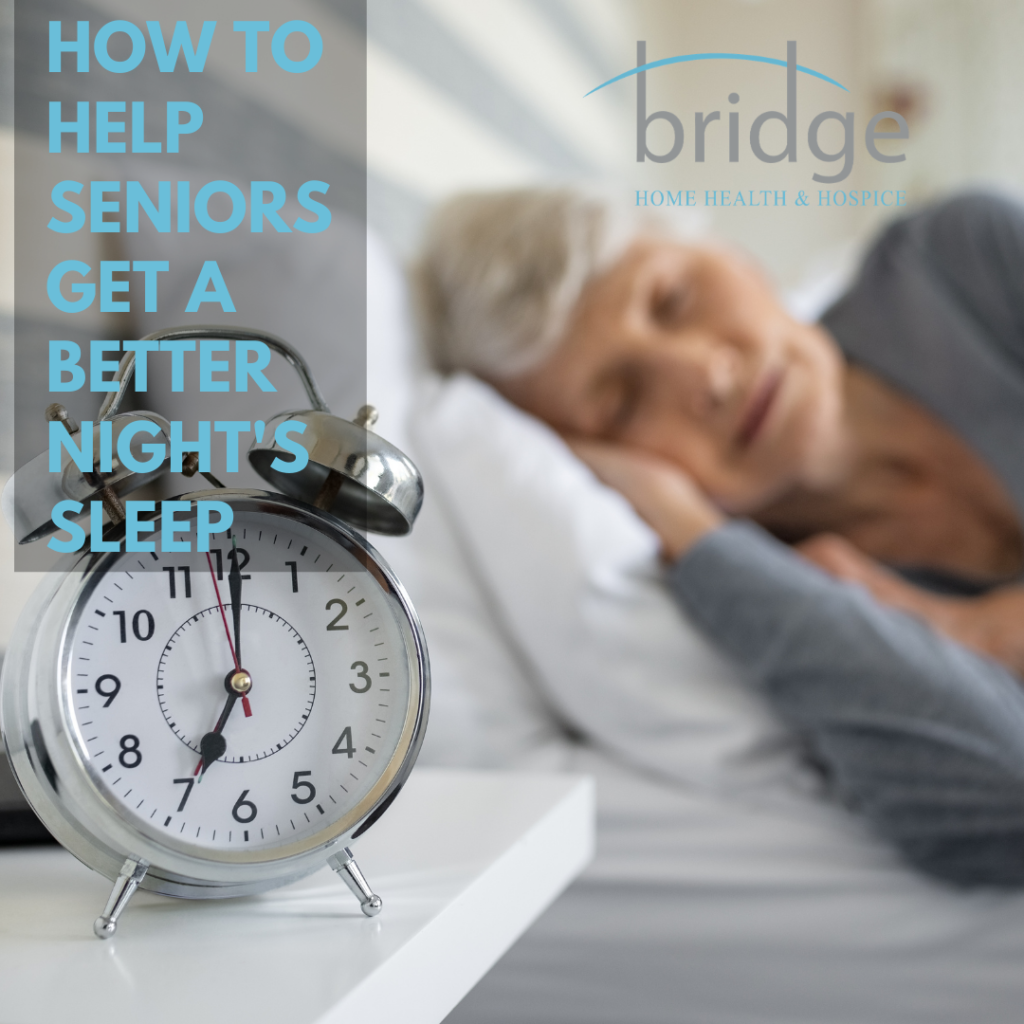No matter how young or old you are, a good night’s sleep is crucial. It’s necessary for good health and your well-being. As people age, sleeping patterns tend to change, including feeling drowsy sooner and waking up much earlier.
However, elderly loved ones who may be going through sleep disturbances experience something out of the ordinary. These do not count as a typical factor of aging; they could be insomnia symptoms.
When adults cannot get quality sleep in their senior years, they can have memory and attention issues. Additionally, they could experience excessive drowsiness. Most severely, this could also trigger depression. Health issues can also arise from this, such as cardiovascular disease, diabetes, or weight problems.
What is the necessary amount of sleep for seniors?
Requirements for sleep can vary from person to person. However, healthy adults typically need a good night’s sleep that ranges anywhere from 7-9 hours. The feeling, however, is far more crucial than the hours. Significant clues that point to inadequate sleep include feeling tired all day upon waking up and not feeling well-rested.
Why do seniors have issues with sleeping?
- No exercise – When a person is too stationary, they will constantly feel sleepy or, at night, not feel tired enough. Home health care in California typically helps address this by striking a balance. Getting exercise regularly has multiple benefits, mentally, physically, and emotionally.
- Pain or medical conditions – Alzheimer’s disease, frequent urination, asthma, arthritis, diabetes, or osteoporosis can lead to people being unable to sleep. A conversation with doctors will help these elderly adults address any health issues that could be preventing them from sleeping well at night.
- Questionable sleep habits and environment – Habits that are somewhat questionable like consuming alcohol, sleeping at odd hours, and watching TV before bedtime will not help. Home assisted living in California can help to ensure that the room is quiet, comfortable, and dark when the time to sleep comes around. In cases where nighttime mobility is a concern, it’s best to get a nightlight.
What’s a good way to support seniors to sleep better and prevent insomnia?
Making daytime habits healthier and adjusting the overall sleep environment will do wonders to improve sleep quality. Since not all people are the same, it will take a while to find changes that will work best. Helpful steps to take include:
- Boost melatonin naturally
- Cut down on the caffeine
- Ensure the bedroom is cool, quiet, and dark
- Exercise in the daytime
- Have a scheduled bedtime
Conclusion
Older adults have trouble sleeping at night for several reasons, including pain or medical conditions and questionable sleep habits and environment. They can be supported by having a scheduled bedtime, cutting down on caffeine, and ensuring their bedroom is cool, quiet, and dark.
Need licensed clinical support for elderly care in California? Contact Bridge Home Health and Hospice today! We are committed to providing the highest quality home-based patient care in an atmosphere of respect for human dignity.

